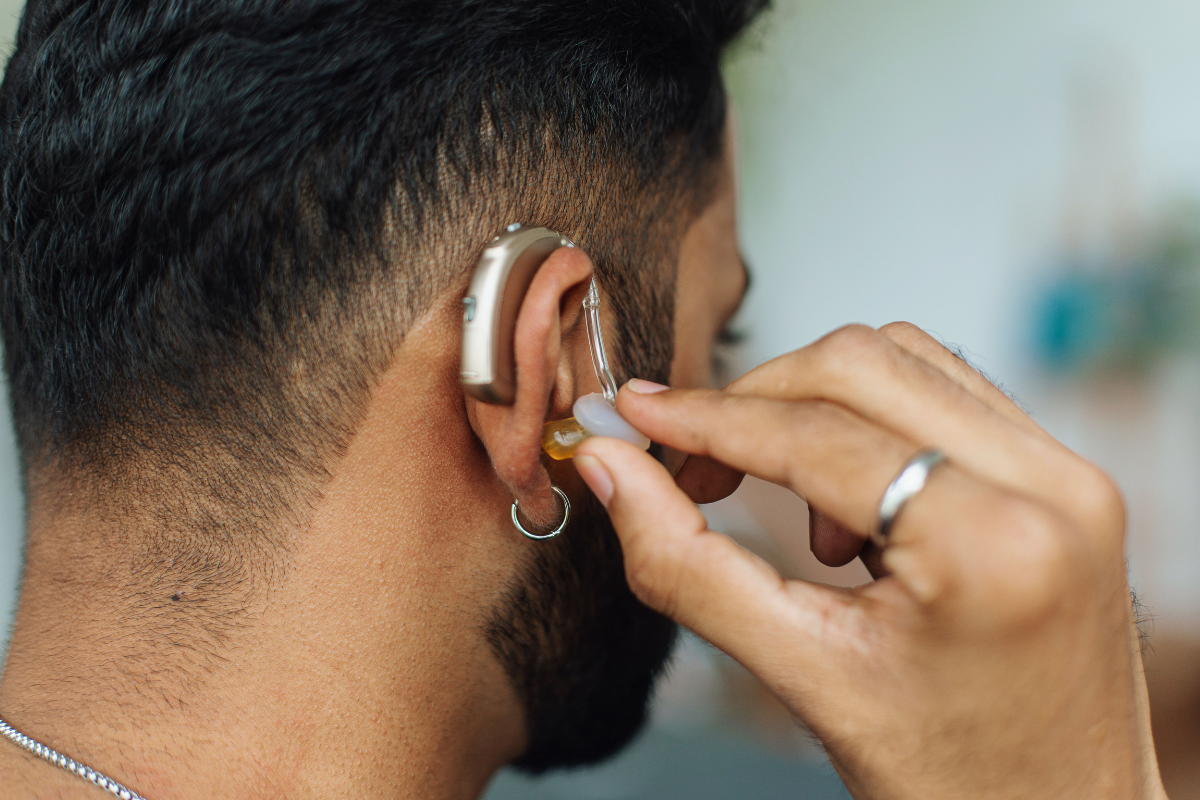
Exploring the purpose and functionality of Assistive Listening Devices and Systems (ALD/ALS) for disability service professionals cannot only enhance their own expertise in serving deaf students, but have a positive impact on the student experience when requesting accommodations.
Accommodation usage is an individualized experience, and needs may vary depending on context, content, setting, and even conversation partners.
Tips for DSS Professionals
Effective implementation and use of accommodations relies on clear communication, collaborative efforts involving the student, faculty, and relevant departments to ensure a seamless experience. Below are some considerations for disability services professionals can take into account when working with a student who has requested an assistive listening device or system.
Learn about Assistive Listening Devices and Systems
Disability services staff should have a comprehensive understanding of what assistive listening devices and systems are, how they work, and the various types available. This knowledge will enable them to properly advise and support students who require ALDs/ALS.
Cultivate Collaborative Relationships
Work closely with the student, faculty members, and relevant campus departments to ensure a seamless integration of ALD/ALS. Collaboration ensures that the student’s needs are met and faculty are aware of how to support ALD/ALS usage in their classroom.
Defer to the Student
Recognize that accommodations are not one-size fits all. Each student’s hearing needs and preferences may vary, so it’s important to engage in a dialogue with the student to determine the best ALD/ALS solution for their specific situation.
Evaluate the Environment Before Deciding
ALD/ALS are needed in various environments, such as classrooms, campus events, and social activities. Disability services should consider the diverse contexts in which students will use ALD/ALS and provide guidance accordingly.
Keep Learning
Stay informed about the latest ALD/ALS technologies and advancements. This knowledge can assist in making informed recommendations and decisions when suggesting ALD/ALS solutions for students.
With these tips and best practices, you can be in a better capacity to serve your deaf students on campus. We encourage you to take our online learning module on assistive listening devices and systems.









